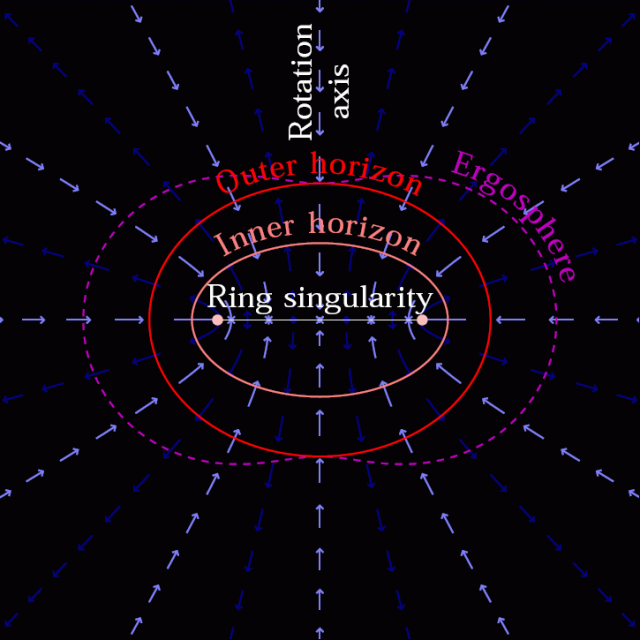We take for granted that time is real. But what if it's only an illusion, and a relative illusion at that? Does time even exist?
In a philosophical sense, we’re taught to doubt and question everything. Even the reality of ourselves and our own experiences are up for debate, as we have to make certain assumptions about how trustworthy our sensors — and our own senses, for that matter — actually are in order to arrive at any satisfactory conclusions. Sure, certain things might appear real, but isn’t it possible that those appearances are deceiving, and that quantities or concepts that we take for granted might be nothing more than very convincing illusions?
From a physical, scientific perspective, however, these sorts of questions take on a different meaning. We’ve learned lots of surprising and counterintuitive lessons from our investigations of time. Time is relative, not absolute. Time always marches forward, not backward, but we still lack an explanation for the arrow of time. Thermodynamically, the Universe has an arrow of time, which “flows” in the same direction as increasing entropy. And when we investigate the Universe on a fundamental level, it turns out that time may not be fundamental at all.
But existence itself? It’s very, very difficult to take that property away from time and to still wind up with a Universe consistent with what we observe. Here’s why.
When it comes to the question of existence, physics is very simple and straightforward about what it considers to be a satisfactory answer.
- Can you measure it?
- Can you quantify it?
- Can you define it in a mathematically self-consistent way?
- Is it, itself, an observable quantity, and do other observables depend on it in an inextricable way?
If your answers to these questions are all in the affirmative, there’s no way out of it: you’ve got yourself a quantity that exists.
The reason why is simple: as far as reality goes, “what is real” are those things that themselves are measurable, observable, quantifiable, and not pathological. In layperson’s terms, pathological is what happens when you pose a reasonable question to the Universe and you get inconsistent nonsense back. There are plenty of questions that do yield pathological behavior, and in those instances, the pathologies indicate to us that we have further work to do. “What happens at a black hole’s central singularity?” “What happens to quantum fluctuations on length scales smaller than the Planck length?” “What happens when a mass travels through the spacetime that is distorted by the presence of that mass itself?” These are all questions that, at present, are as pathological as dividing by zero.
You might think, then, that perhaps time itself is pathological. Sure, we can measure it, quantify it, and even observe both its passing and the consequences of its passing. But shouldn’t it matter that your measurements of “how much time has passed” between the start and end of an event depends entirely on where you are and how you’re moving when you’re making those observations?
For example, if you’re on a moving train and you shoot a light wave from one end of the train to the other, you’ll get a value for how long it takes the light to reach the far end of the train. If you’re on a platform, however, watching the person on the train shoot the light from one end to the other, you’ll get a different answer.
For the person on the moving train, they’ll measure that a certain amount of time must elapse for the light to travel down to the far end of the train. But for the person on the ground, they’ll not only get a different, longer answer, but they’ll conclude that the person (and, for that matter, everything) on the train is actually aging more slowly than they are. To the stationary observer, an object in motion ages more slowly than an object at rest.
 Reviewed by Explore With Us
on
September 22, 2022
Rating:
Reviewed by Explore With Us
on
September 22, 2022
Rating:






No comments: